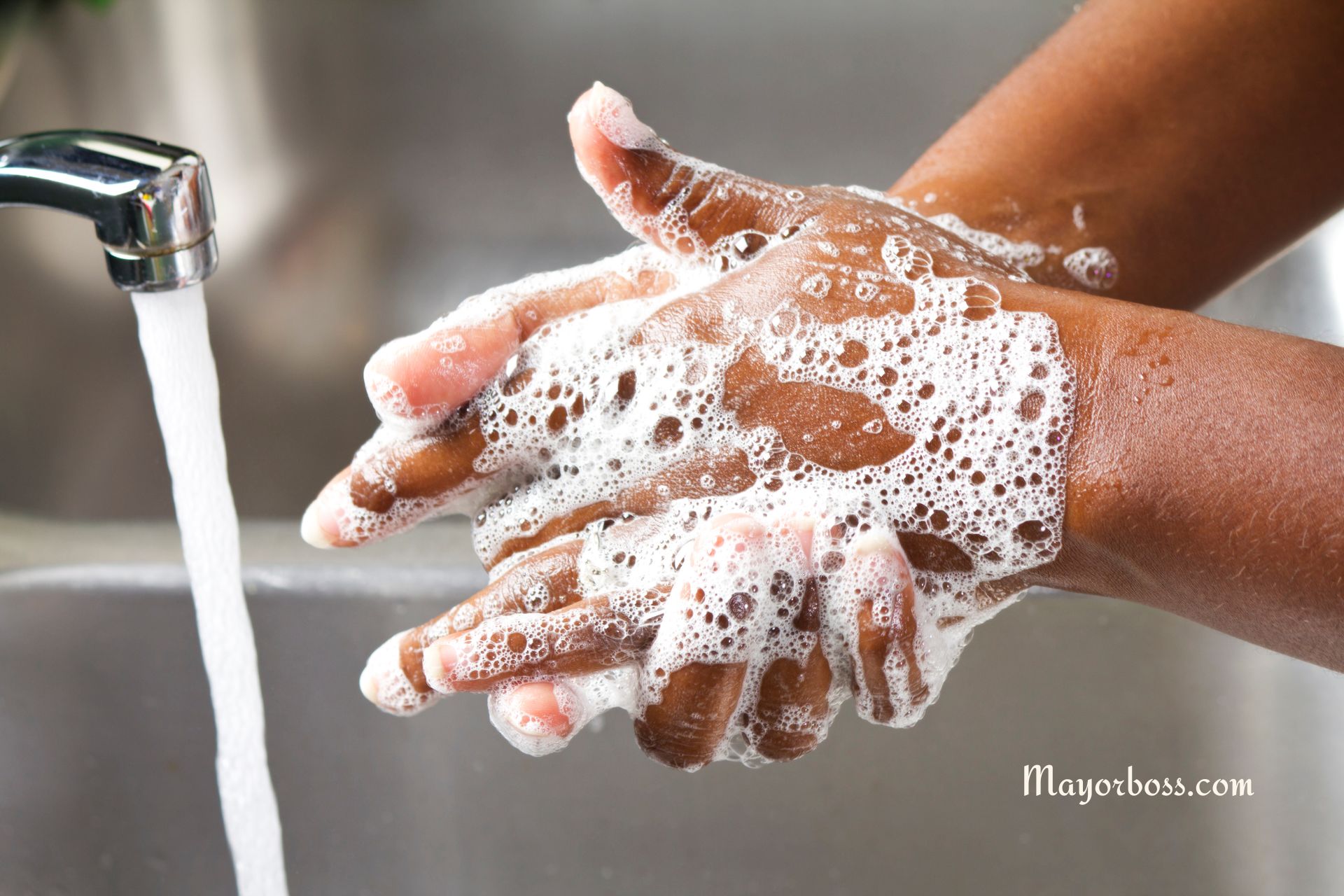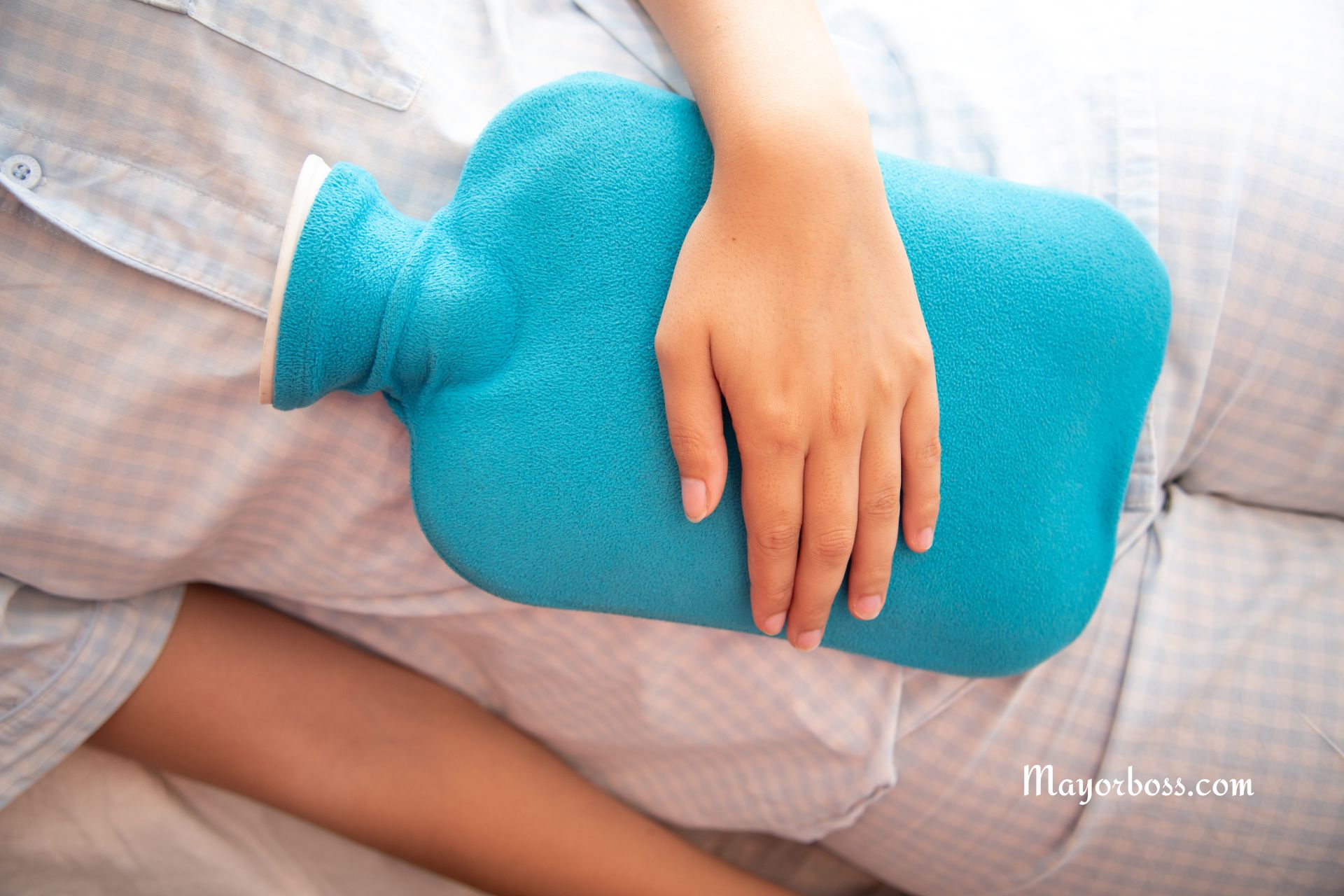Liquid Soap vs. Bar Soap: Which Is More Hygienic?

Have you ever stood in the soap aisle of your local store, wondering whether to grab the liquid soap or the traditional bar soap? You’re not alone. This decision is more common than you might think, and it revolves around one major concern: hygiene. So, let’s take a look at the facts about which soap might actually be better for keeping germs at bay.
First, let’s get a clear picture of what soap does. Both liquid soap and bar soap serve the primary function of cleansing. The principle behind soap is simple—it removes dirt, bacteria, and viruses from the skin through a process where soap molecules trap these particles, allowing them to be rinsed away with water.
The Case for Liquid Soap
Now, let’s consider liquid soap. Its main advantage in the hygiene debate is its dispensing mechanism. Typically, liquid soap comes in a pump dispenser, which minimizes contact with the soap itself. This means there’s a lower risk of cross-contamination because the soap that touches your skin hasn’t touched anyone else’s.
Moreover, using liquid soap often involves less direct contact with surfaces around the sink, which can be breeding grounds for germs. This characteristic makes liquid soap a favorite in public restrooms and hospitals, where preventing the spread of germs is crucial.
The Case for Bar Soap
On the flip side, bar soap has been a reliable cleansing agent for centuries. A common worry is that bar soap harbors bacteria, but here’s an interesting fact: studies have shown that while bacteria can live on the surface of bar soap, they don’t transfer to your skin to cause any harm. Essentially, the risk of passing germs from one person to another via bar soap is very low.
Furthermore, bar soap is often seen as a more environmentally friendly option. It typically comes with less packaging than liquid soap, and it’s more concentrated, so its transportation results in a smaller carbon footprint.
Factors to Consider
When choosing between liquid soap and bar soap, consider your personal and family hygiene practices and the specific setting in which the soap will be used. If you have a busy household with children, liquid soap might be more practical. It’s easier for kids to use and less messy. However, if sustainability is a driving factor for your purchases, you might lean towards bar soap.
Frequently Asked Questions
1. Does bar soap kill germs as effectively as liquid soap?
Yes, bar soap is just as very effective at killing germs as liquid soap. The key is in the proper lathering and rinsing of your hands, which physically removes germs and dirt.
2. Can bacteria from bar soap make me sick?
No, the bacteria that might accumulate on a bar of soap do not typically transfer to your skin in a way that would cause harm. Washing with bar soap is considered safe and hygienic.
3. Is it more economical to use bar soap or liquid soap?
Bar soap tends to last longer and is generally less expensive than liquid soap. It also requires less packaging and is more cost-effective to transport, making it the economical choice in the long run.






